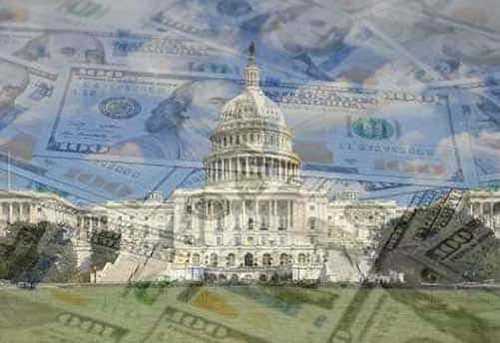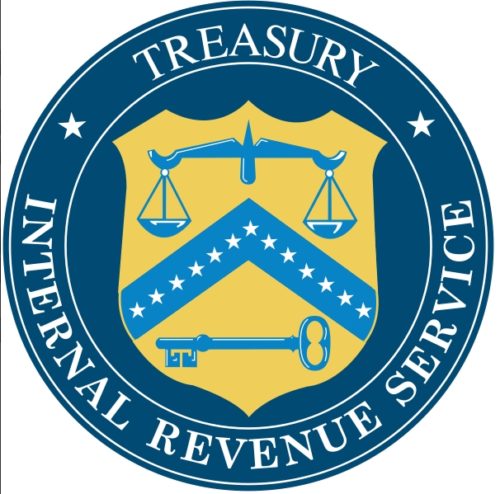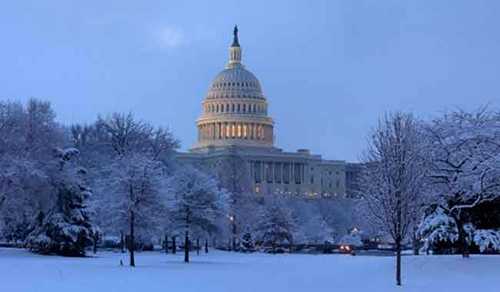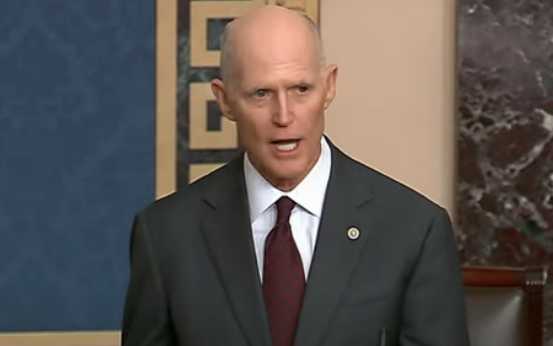“If you want better roads, better schools, better healthcare, better public transit… or just a generally better life, then the best way of funding that is by taxing the ultrawealthy, not allowing them to exploit more tax loopholes.”
While ultrawealthy Americans are unlikely to face any extra federal taxes any time soon due to the makeup of Congress, legislators in at least 10 U.S. states this year are aiming to pass tax policies targeting their richest residents to raise revenue for the common good.
Lawmakers in California, Connecticut, Hawaii, Illinois, Maryland, New York, and Washington introduced coordinated wealth tax bills a year ago. Some were inspired by U.S. Sen. Elizabeth Warren’s (D-Mass.) 2020 presidential campaign proposal, which featured a 2% annual tax for assets above $50 million and a 3% tax for assets over $1 billion.
Now, less than a month into 2024, legislators in 10 states are developing or have introduced wealth tax bills. Amber Wallin of the State Revenue Alliance confirmed to The New York Times on Tuesday that all of the states that were working on such legislation last year, except Illinois, have been joined by Minnesota, Nevada, Pennsylvania, and Vermont.
[perfectpullquote align=”right” bordertop=”false” cite=”” link=”” color=”” class=”” size=””]”A new wealth tax in Massachusetts last year that was expected to raise $1 billion actually raised $1.5 billion, helping to fund green infrastructure, education, and childcare.”[/perfectpullquote]
“The way our tax structure is set up, our middle class is carrying an undue burden, compared to folks at the top,” Democratic Vermont Rep. Emilie Kornheiser (Windham-7), told the Times. “We want to make sure that all Vermonters are paying their fair share.”
Kornheiser, who chairs the state House Committee on Ways and Means, is sponsoring H. 827, which would tax the unrealized gains of Vermonters with over $10 million in assets after exemptions, and H.828, which would impose a 3% surcharge on individuals’ incomes of $500,000 or more.
The panel that Kornheiser leads discussed the legislation on Tuesday, though it remains to be seen whether the bills’ backers can get them out of committee—where all of last year’s proposals died. Democrats have supermajorities in both chambers of the Vermont General Assembly, but as Bloombergnoted, the hearing for the new bills was held “just hours after Republican Gov. Phil Scott presented a fiscal year 2025 budget that steers the state away from new taxes and fees.”
It’s not just Republican officials who pose potential roadblocks to increased taxes on the rich.
“Texas voters overwhelmingly passed a constitutional amendment in November that would preemptively bar any future efforts by the state to tax wealth or net worth,” The Times pointed out. Earlier this month in California, Democratic Gov. Gavin Newsom, who is widely considered a possible 2028 presidential candidate, “rejected the idea of plugging the state’s $37.9 billion budget deficit with a wealth tax.”
Despite such opposition, polling suggests most Americans want the ultrarich to face tax hikes. Pew Research Center found last April that 6 in 10 U.S. adults say the feeling that some corporations and wealthy people don’t pay their fair share bothers them a lot.
Even three-quarters of millionaires across G20 countries “support higher taxes on wealth to help address the cost-of-living crisis and improve public services,” according to polling from last week. That survey was released as 260 millionaires and billionaires implored political leaders at the World Economic Forum in Davos, Switzerland to raise taxes on the wealthy.
The Institute for Policy Studies (IPS) highlighted on social media Wednesday that state lawmakers already have a model proving how such legislation can improve the lives of residents: Massachusetts’ Fair Share Amendment, which was passed through a 2022 ballot initiative and requires those with incomes over $1 million to pay a 4% annual surtax.
“A new wealth tax in Massachusetts last year that was expected to raise $1 billion actually raised $1.5 billion, helping to fund green infrastructure, education, and childcare,” IPS said in response to the Times reporting.
Justice Democrats also welcomed news of the state-level efforts, saying that “if you want better roads, better schools, better healthcare, better public transit… or just a generally better life, then the best way of funding that is by taxing the ultrawealthy, not allowing them to exploit more tax loopholes.”
The fresh push for wealth taxes comes as states face anticipated drops in revenue. In a November analysis for the Center on Budget and Policy Priorities (CBPP), senior adviser for state tax policy Wesley Tharpe found that as the Covid-19 pandemic raged from 2021-23, 26 states cut personal or corporate income tax rates, with half of them doing so multiple times.
Of those 26 states, only Connecticut, New York, and Pennsylvania have legislators working on wealth tax legislation. However, as Tharpe explained in a Wednesday blog post, federal pandemic relief has expired, and all the states that slashed taxes now “stand to collect an estimated $111 billion less over the next five years than they otherwise would have, with the price tag in lost revenues hitting nearly $30 billion a year by 2028.”
“Shrinking revenues will jeopardize current levels of state support for vital public services like schools, health services, and income support programs,” he warned. “They will also constrain states’ future potential by limiting policymakers’ ability to make new investments to tackle unmet or emerging needs and issues, such as child poverty, the health of pregnant or postpartum people, or housing affordability.”
Tharpe argued that state policymakers “should seize the opportunity to break the tax-cut fever and pivot in a more equitable, prosperous, responsible, and forward-looking direction.” He even provided some examples of states that “have recently shined a light on a different, brighter path of protecting and raising revenues to support current services and new investments.”
In addition to Massachusetts’ amendment, he pointed to Minnesota’s crackdown on corporate tax avoidance and Washington’s new excise tax on income from the sale of stocks and other investments, which targets the wealthiest 0.2% of Washingtonians.
“States including Colorado, Maine, New Jersey, New York, and Vermont, and the District of Columbia have also raised new revenues to fund initiatives like universal free school meals, expanded childcare and paid leave, and more affordable housing options,” the CBPP expert noted. “More states should follow suit in 2024 and beyond.”
Common Dream’s work is licensed under a Creative Commons Attribution-Share Alike 3.0 License. Feel free to republish and share widely.
[content id=”79272″]








